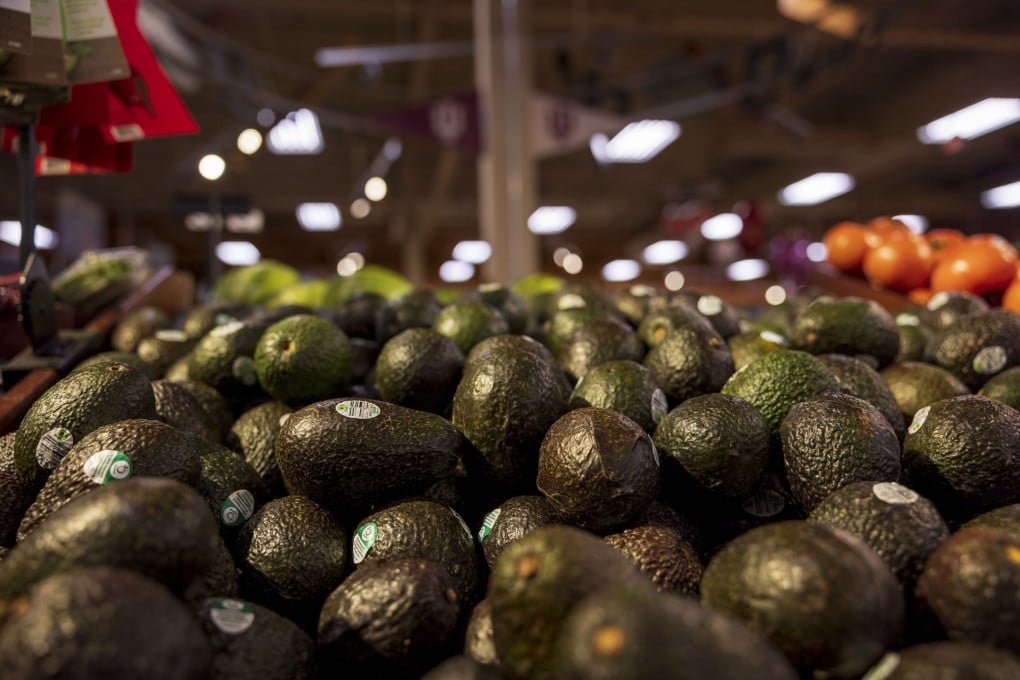Outside In | ‘The blood diamonds of Mexico’: given avocados’ dodgy credentials, should I still be eating them?
- To cultivate this ‘green gold’, Mexico’s forests have been stripped and its water table lowered, even as the massive profits attract drug cartels and crime
- Getting the fruit to Hong Kong also requires expensive temperature-controlled transport and storage as part of tortuous supply chains

As every horizon, in every direction, is roiled by disasters, crises and general gloom, all of which are outside my control, I have chosen to distract myself this week with a problem closer to home: whether I should continue to eat avocados.
And it is seriously bugging me that it is so hard to find an edible avocado. I took comfort in a recent Dutch survey in which supermarket shoppers found 35 per cent of their avocados either unripe or too ripe – and that 25 per cent had to be dumped as a result. The shoppers complained that it was a gamble to buy an avocado, which seriously undermined trust in their supermarkets.
I am ashamed to admit that I find myself in the supermarket every week poking, probing and foraging through green mountains of rock-solid avocados in search of something edible – alongside creaky, elderly Hong Kong women foraging similarly among the oranges, apples and broccoli heads.
I am frustrated that when I eventually find those few pliable enough not to break a knife, they develop mildew within a day of reaching home, going brown and rotten.
